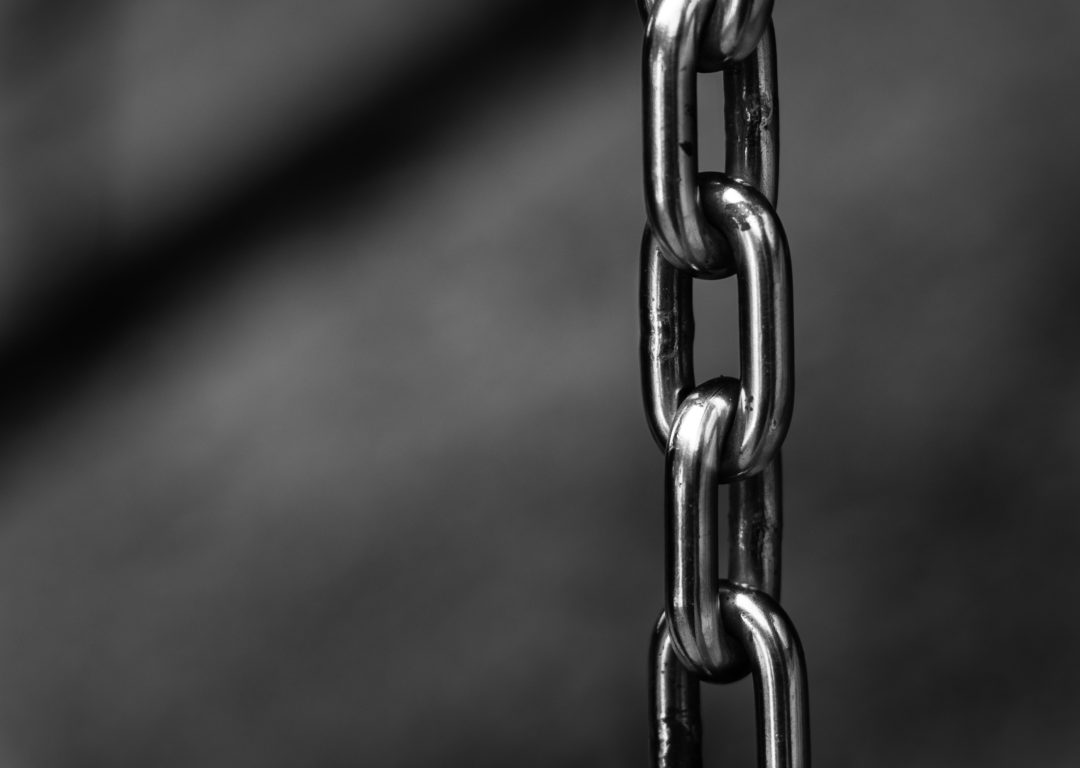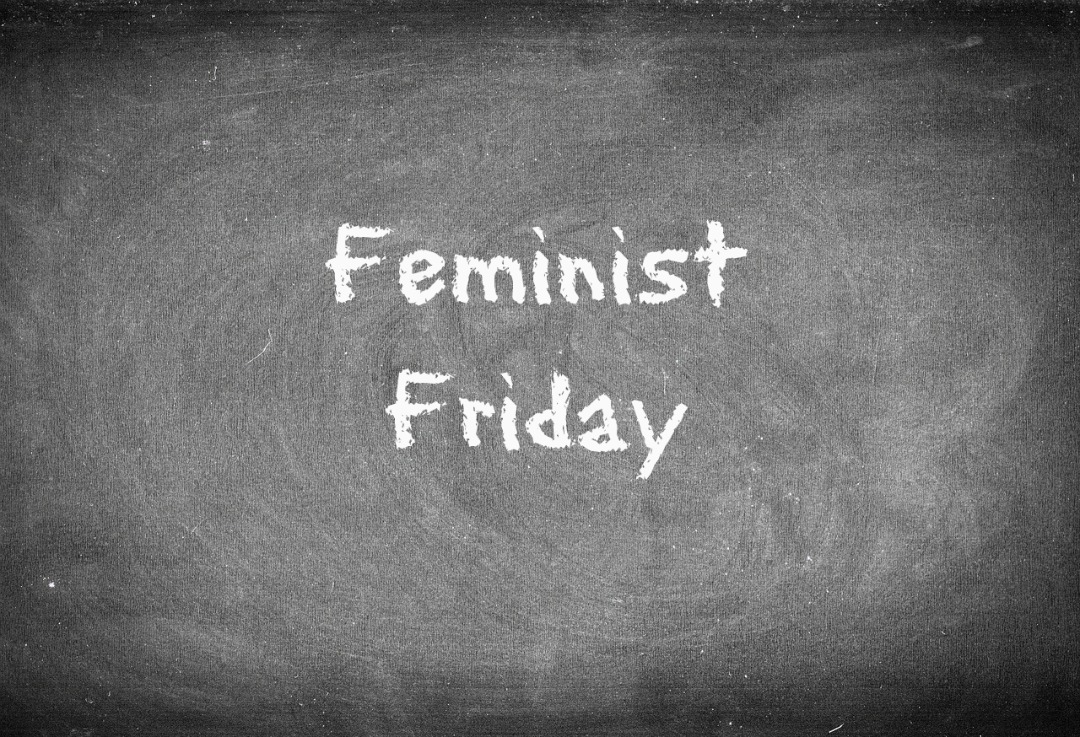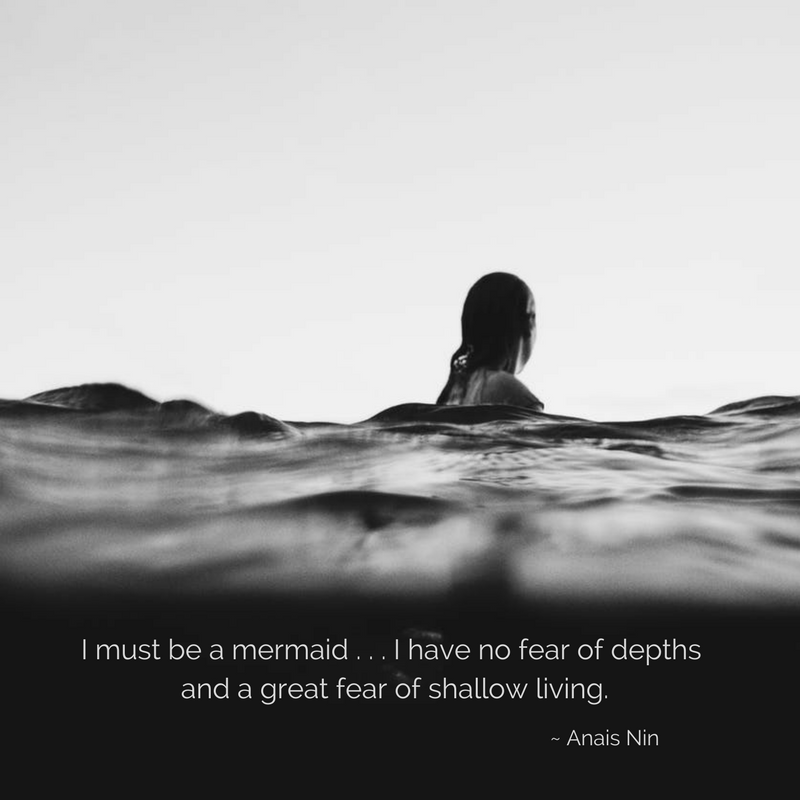This semester I’m leading one portion of a Directed Readings class for honors students at my university. The book we’re discussing together is Pastrix, by Nadia Bolz-Weber, which tells the author’s story of becoming a pastor after walking a difficult path through addiction and various other self-destructive behaviors. As you might imagine, Bolz-Weber has a lot to say about forgiveness–of both ourselves and other.
I didn’t know how relevant to my own life Bolz-Weber’s thoughts were going to be when I chose this book to read with my students. But then, the week before we started discussing it, a woman I’d known in junior high and high school–I’ll call her Jamie–sent me a friend request on Facebook. Jamie isn’t a person about whom I have fond memories. In fact, just the sight of her name on my computer screen brought up a wave of resentment in my chest. So I clicked Delete on that friend request without giving it any thought.
When I talked through the question of forgiveness with my students, I told them the story of that friend request and my immediate, almost reflexive decision to click Delete. I admitted that I was a little embarrassed about it. Many of them had similar stories. That gave all of us the chance to talk about the many ways we can understand forgiveness.
Just for the record, Jamie didn’t do anything egregious. She didn’t bully me, stalk me, leave me standing naked in the girls’ locker room after gym class. She just did the sort of damage teenage girls so often do to each other. But she betrayed our friendship (or, at least, what I thought of as a friendship) very intentionally, and very deliberately, in ways she knew would be especially hurtful. As an introvert, I really struggled with social interactions when I was younger, so that betrayal cut deep when I learned of it from a third party. More than anything, it reinforced the feeling that I was alone and friendless.
Melodramatic? Oh yes. But let’s remember that I was 15. Melodramatic or not, that’s how I felt. Every single day.
And this created a whole different problem for me, because the truth was that I liked being alone. I preferred it to dealing with the drama of junior high and high school interactions. Going home each day was a huge relief. Retreating to my room and doing the things I liked best–writing, reading, listening to music, drawing–was the moment I looked forward to.
But I knew I wasn’t supposed to admit that I preferred being by myself–that alone felt like, as author Cheryl Strayed describes it in her memoir, Wild, “a room where I could retreat to be who I really was.” Only weirdos spent a lot of time alone. All teenagers know that. It’s why they spend so much time on the phone with each other (or, in the current incarnation of that same impulse, communicating by social media or text.) They want to prove they’re connected. They fit in. They’ve found their people.
When one of my people–one of the precious few who didn’t have a boyfriend (because, of course, female friends were always secondary to boyfriends in high school)–someone I counted on to disguise my weirdness–proved not to be one of my people? That really hurt. It put me one step closer to the outer darkness that I was desperate to avoid.
That’s why deleting Jamie’s friend request happened so quickly. Just revisiting our connection was painful, the way touching a hot burner hurts for a moment. It won’t kill you, but still. You’re not going to do it by choice.
Several of my students shared stories about teachers, friends, and family members they associated with intractable negative feelings. And then we talked about forgiveness–which is sometimes connected to faith, but always necessary, if only for the sake of our own well-being.
I was so impressed with my students’ openness that I mentioned this discussion on Facebook. A friend added that she thought of forgiveness as setting clear boundaries. Another said she thought of it as not wanting anything more from someone–including any further contact. I really like Bolz-Weber’s conception of forgiveness as a bolt cutter that frees us from being chained to the damage others cause.
As I’ve thought through my reaction to Jamie, I’ve realized that I don’t wish terrible things for her. She’s a person who deserves the dignity I would acknowledge in any fellow human being. I hope she’s happy. I hope she’s changed. But I feel no need to find out whether or not those things are true.
And I acknowledge that she was 15 years old when our falling out occurred. I wouldn’t want to be held accountable for every stupid thing I did when I was 15, so I won’t do that to her either. I don’t think her behavior then tells me anything about the person she is now. But, again, I feel no need to find out if I’m right.
All of this is a kind of forgiveness. And even so, I can’t see Jamie’s face, or even read her name, without feeling fundamentally betrayed.
I’ve long since made peace with my weirdness. I married an introvert. We raised two introverts. I went to graduate school and became a professor. Academia is, as it happens, full of introverts. I have found my people.
I don’t need to be chained to the painful feelings Jamie inspires. She has no place in the happy life I’m living now.
Sometimes forgiveness looks more like a broken chain than an outstretched hand. It reminds us that there was some kind of connection once–but not anymore. No doubt there are times when doing the work of repairing that chain makes sense. But there are others, I think, when letting it be is the only way to keep moving forward.





No Comments